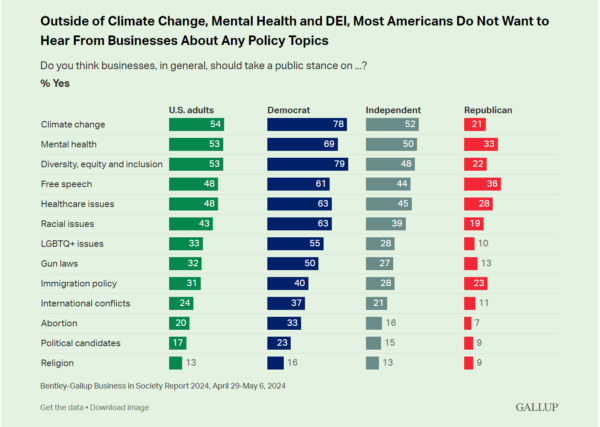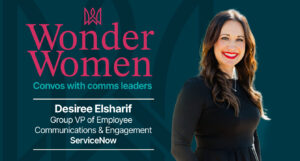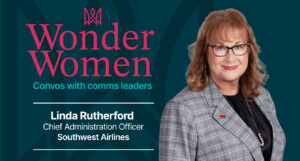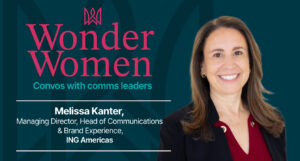Engage or not engage? That is the election season question
Voters don’t want to hear from businesses on politics and policy. Some are speaking up anyway
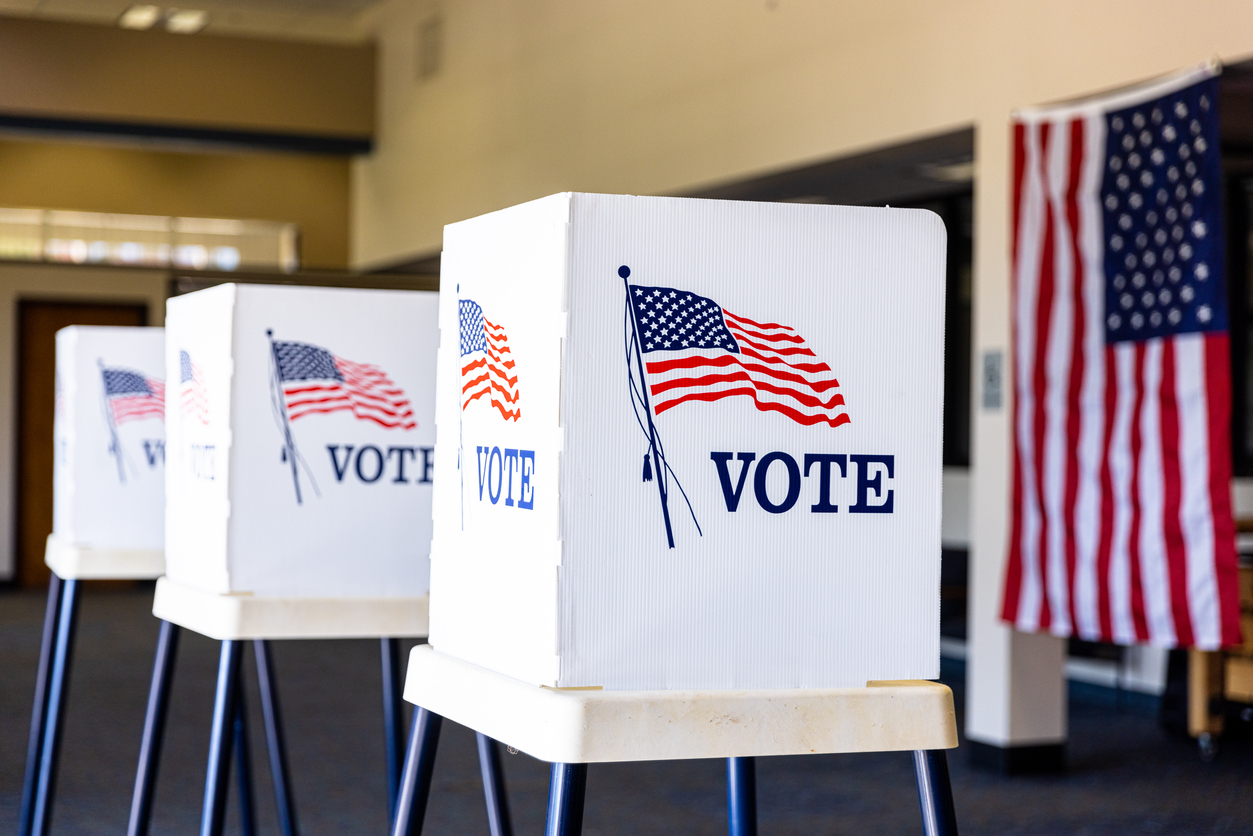
It’s election season, and in the U.S. voters are subject to a cacophony of messages and missives from the politicians vying to be the next president on down to the neighbor running for the school board.
Amidst all the noise, one group Americans increasingly don’t want to hear from is the business community. According to the 2024 Bentley University-Gallup Business in Society Report, only 38% of Americans want to see businesses take a public stance on current events. That’s a significant decline from just two years ago, when nearly half (48%) said they wanted to hear what businesses had to say.
They don’t want to hear from businesses about international conflicts and immigration policy. They don’t want to hear the company’s stance on abortion rights or gun laws. And they especially don’t want to hear about religion and specific political candidates (see chart). After an extended period of corporate virtue-signaling, voters are fatigued.
So, communicators simply need to dial back corporate messaging, right?
Not so fast. A slim majority of the public believe businesses should take a public stance on climate change, mental health and diversity, equity and inclusion. And that’s not to mention vocal employee groups who expect to hear executives weigh in on the issues of the day.
How can comms leaders effectively counsel leaders through a potentially challenging time, and how do they determine when to engage on issues? A pioneering group of German companies offer a potential answer.
Siemens Energy and “We Stand for Values”
“We Stand for Values,” a group of 40 German companies including Siemens and its subsidiary Siemens Energy, automakers Volkswagen and Mercedes, and Allianz and DHL Group among others, banded together to take a stand against extremism in European elections.
In Germany, this was a particularly salient issue because of the rising popularity of the far-right Alternative for Germany (AfD), an isolationist party skeptical of Germany’s involvement in the European Union that won seats in the European Parliament in June and finished as the top vote-getter in state elections in eastern Germany in August.
The member companies reached consensus that a prosperous Europe stands for a set of values linked to economic success, said Robin Zimmermann, senior vice president of corporate communications, government affairs and CSR at Siemens Energy, during a recent call with members of Ragan’s Communications Leadership Council. Those values include free trade, freedom of movement and freedom to study across the EU.
“That was the mandate: Use our collective voice and our brands and our channels to point out how important we think Europe is,” he said.
Embracing a mixternal approach to advocacy
“We Stand for Values” is set up as an informal, nonbinding coalition with all members contributing resources and budget. Rather than focus on opposing a particular party, the group zeroed in on how openness and tolerance are linked to economic prosperity.
Their efforts first focused on employee engagement and internal communications, with the goal to educate and motivate their combined 1.8 million employees about the economic benefits of the EU and encourage them to share that message with others.
They used these formats to reach employees:
- Personal video messages from company CEOs.
- Town halls and manager-led team discussions.
- Accessible on-site material.
- A continuing stream of “learning nuggets” on the intranet and social media.
They paired that internal approach with a coordinated public relations campaign to secure broad media reach and motivate others to vote in the upcoming elections. The group’s combined approach led to 83 overall media mentions, 11 of which were “tier one” in Germany, and 13 television and radio appearances.
Is this approach working?
Results so far are mixed. AfD made significant strides among German voters in three elections in the former East Germany, and right-wing, Euroskeptic parties across Europe continue to poll well, with the far-right Freedom Party taking first in the Sept. 29 Austrian parliamentary election.
Despite that, Zimmermann points to the coalition’s values-based approach as a winning long-term formula. If the alliance hadn’t been engaged in spreading its message of tolerance and openness, the results in Germany could have been much worse, he said.
That approach resonates with American companies, who now find themselves in the middle of their own heated political campaign. Like their German counterparts, they’re focusing on values and encouraging employees to vote, according to research from Ragan and The Conference Board.
The bottom line: Voters may not want to hear who to vote for from businesses but that doesn’t mean companies have to remain silent.
Additional resources on election issues, including a communicators’ toolkit and a recording of Zimmermann’s presentation, are available exclusively to members of Ragan’s Communications Leadership Council. Learn more about joining here.
COMMENT
Ragan.com Daily Headlines
RECOMMENDED READING
Tags: election comms, issues management

